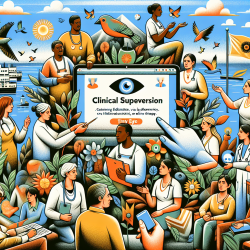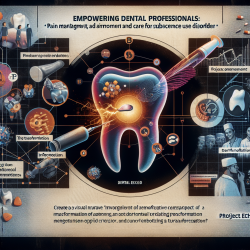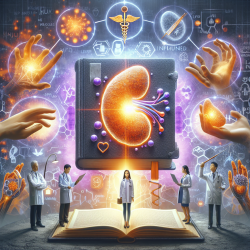Unveiling the Distress: A Closer Look at Transgender Psychological Health in Brazil
The recent study titled Psychological distress among transgender people in Brazil: frequency, intensity and social causation – an ICD-11 field study has shed light on the intricate dynamics of psychological distress experienced by transgender individuals in Brazil. This research is pivotal for practitioners aiming to enhance their understanding and improve their skills in supporting this community.
Key Findings and Implications
The study reveals that a staggering 90.3% of participants reported experiencing psychological distress related to their gender identity. However, the study found that gender incongruence itself was not a significant predictor of distress. Instead, social rejection, particularly by friends, was the primary predictor.
These findings support the World Health Organization's decision to reclassify transgender conditions in the ICD-11, moving them from the Mental and Behavioral Disorders chapter to a new chapter on Sexual Disorders and Conditions Related to Sexual Health. This reclassification aims to reduce stigma and improve access to healthcare for transgender individuals.
Recommendations for Practitioners
- Focus on Social Support: Encourage the development of supportive networks for transgender individuals, particularly in schools and workplaces.
- Enhance Professional Training: Advocate for comprehensive training for healthcare providers to better understand and address the unique needs of transgender individuals.
- Promote Inclusive Policies: Work towards policy changes that facilitate better access to healthcare and reduce discrimination.
Encouraging Further Research
While this study provides significant insights, it also highlights the need for further research. Practitioners are encouraged to explore the long-term effects of social rejection and the effectiveness of different support systems in mitigating psychological distress.
Conclusion
This study underscores the critical role of social acceptance and support in the mental health of transgender individuals. By implementing the findings and recommendations from this research, practitioners can play a pivotal role in improving the lives of transgender individuals in Brazil and beyond.
To read the original research paper, please follow this link: Psychological distress among transgender people in Brazil: frequency, intensity and social causation – an ICD-11 field study.










